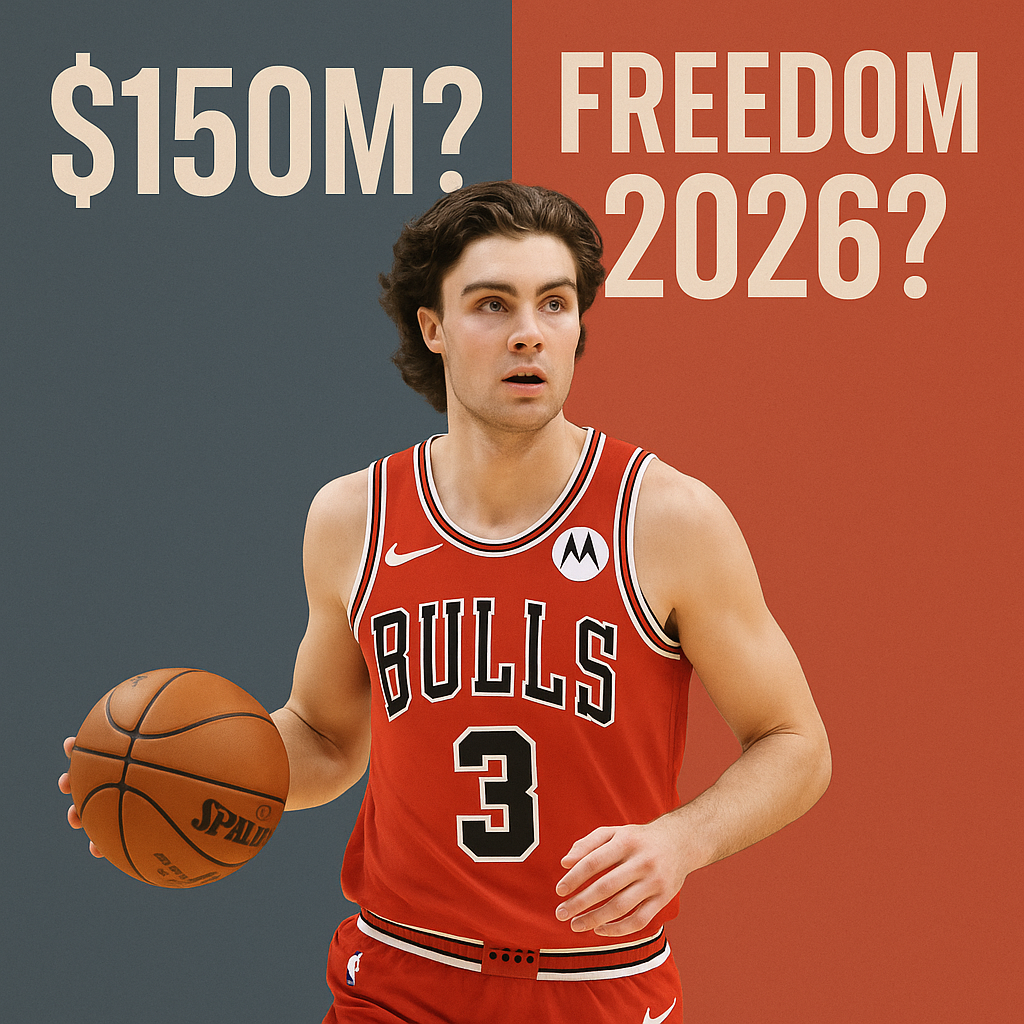
Josh Giddey
Josh Giddey is betting on himself. The 21-year-old Australian guard, recently traded to the Chicago Bulls, is reportedly seeking a contract extension worth approximately $150 million over five years. That would put him in the same financial tier as players like Jalen Suggs—solid but not yet All-Star level talent.
But what happens if Chicago doesn’t meet his price?
That’s where things get interesting. Giddey is now a restricted free agent (RFA), which means the Bulls can match any offer sheet he signs with another team. However, if Giddey wants to control his destiny, he has a few risky—but bold options.
🧠 Understanding Restricted vs. Unrestricted Free Agency
Under current NBA rules, players coming off rookie contracts are typically RFAs. This gives their current team the “right of first refusal” on any new deal. To change that status, Giddey would have to either:
Hope the Bulls Pull the QO: Highly unlikely, but if the Bulls rescind their qualifying offer, Giddey would immediately become an unrestricted free agent this summer.
Accept the Qualifying Offer (QO): This is a one-year contract valued at approximately $8–9 million. If Giddey signs the QO, he’ll play the 2025–26 season in Chicago (or wherever he’s traded) and become an unrestricted free agent in 2026.
Decline Long-Term Deals: Giddey would need to reject multi-year extensions from the Bulls and other teams to preserve his UFA status after the QO expires.
💸 The Risk of Betting on Yourself
Choosing the QO path is a high-risk, high-reward endeavor. Giddey would:
- Sacrifice guaranteed money in hopes of a bigger payday next summer.
- Risk injury or regression in his performance.
- Retain complete control of his next team destination.
🐂 What Should the Bulls Do?
Chicago now faces a tricky situation. They can:
- Lock Giddey in at a steep price before he fully proves himself?
- Let him play out the QO and risk losing him for nothing?
- Try to trade him before next year’s deadline if no deal is reached?